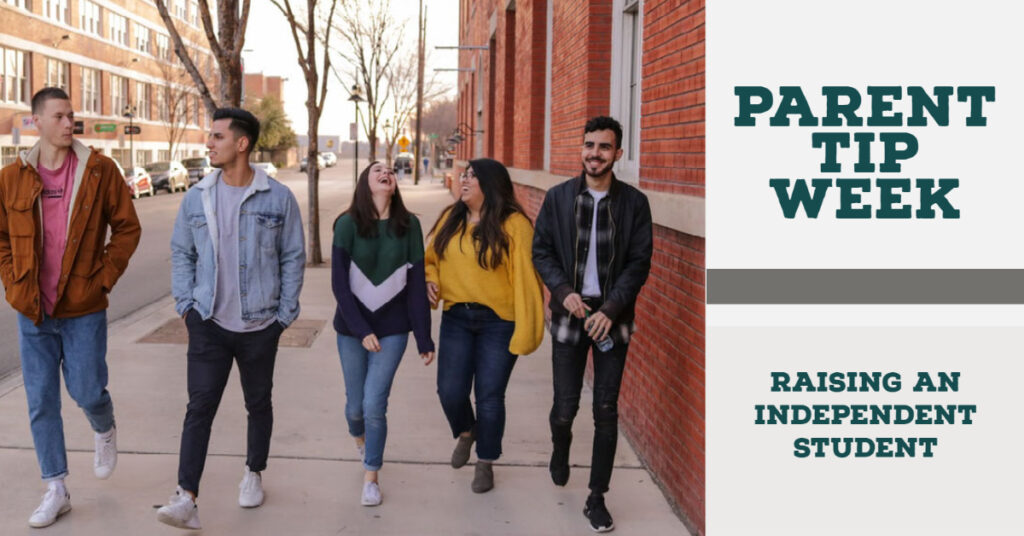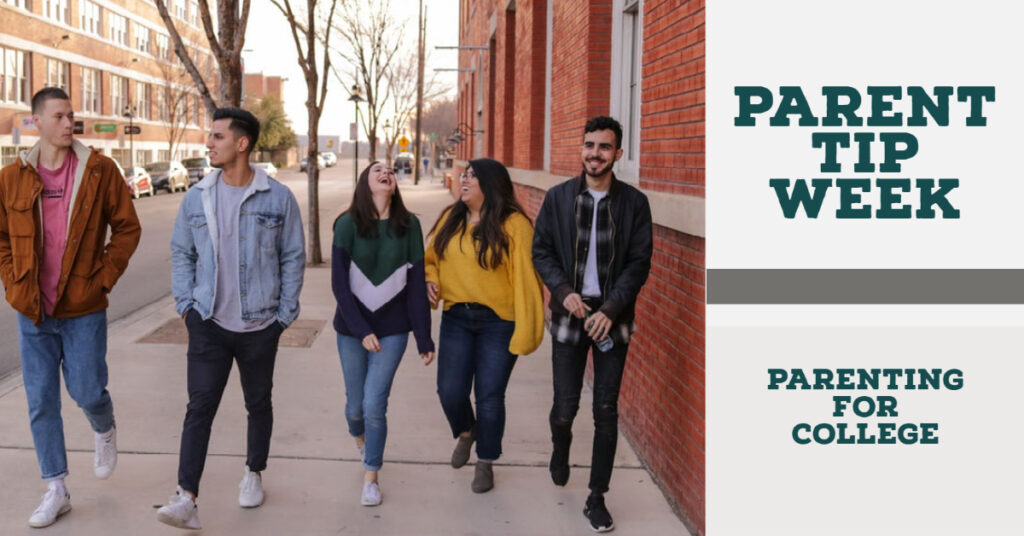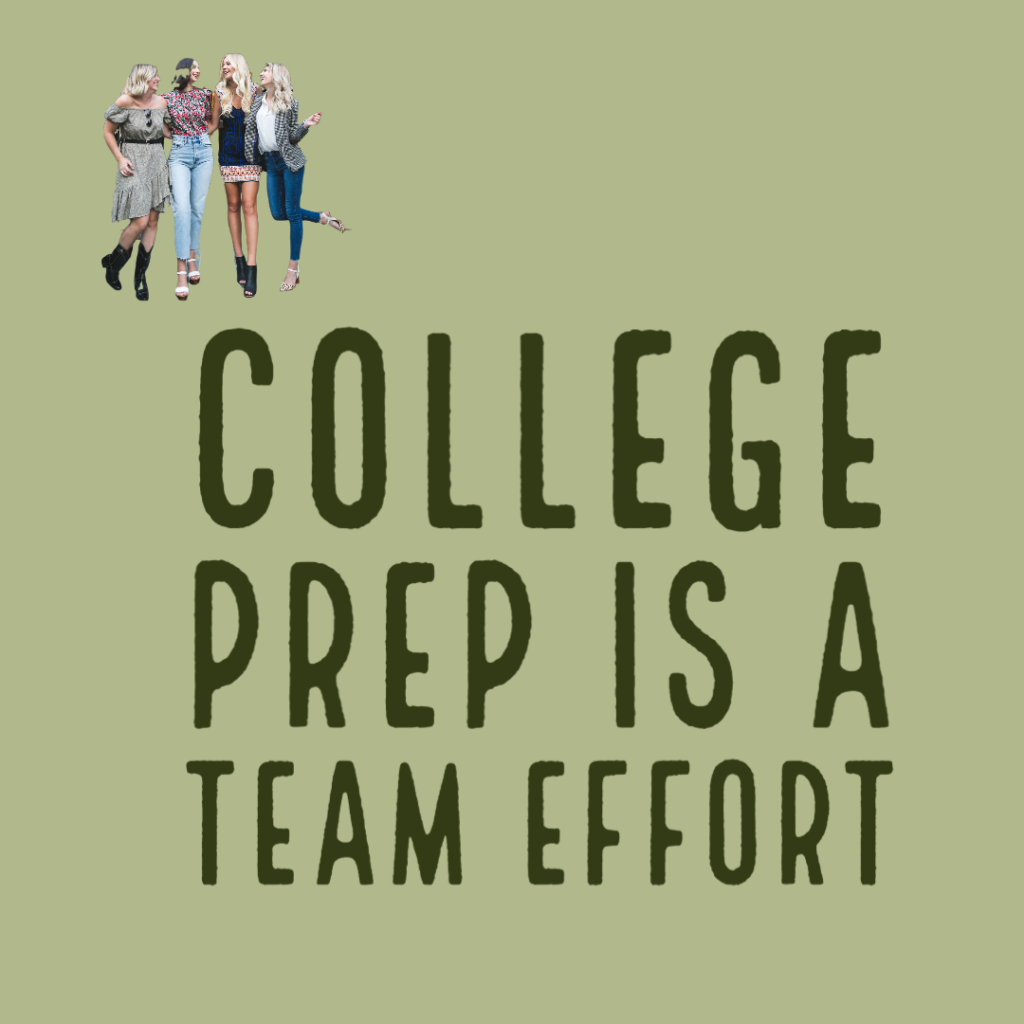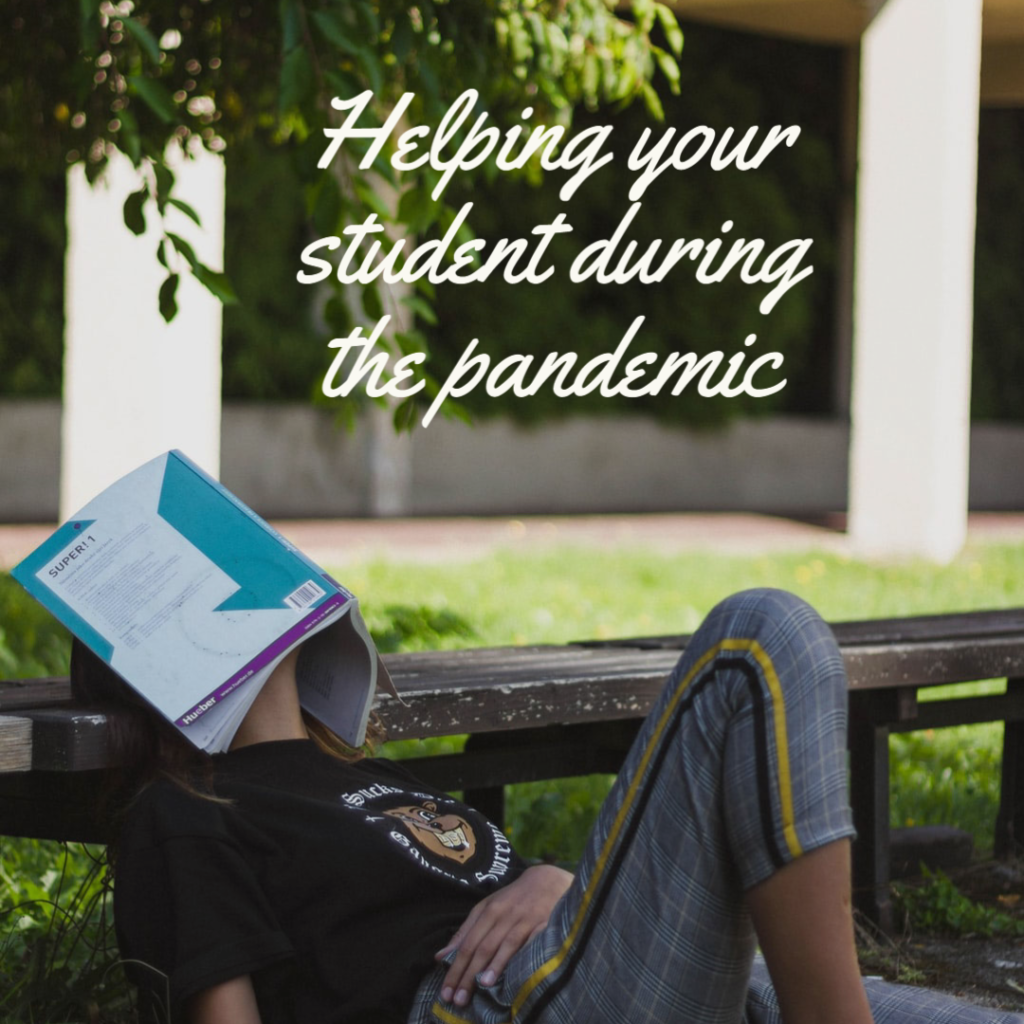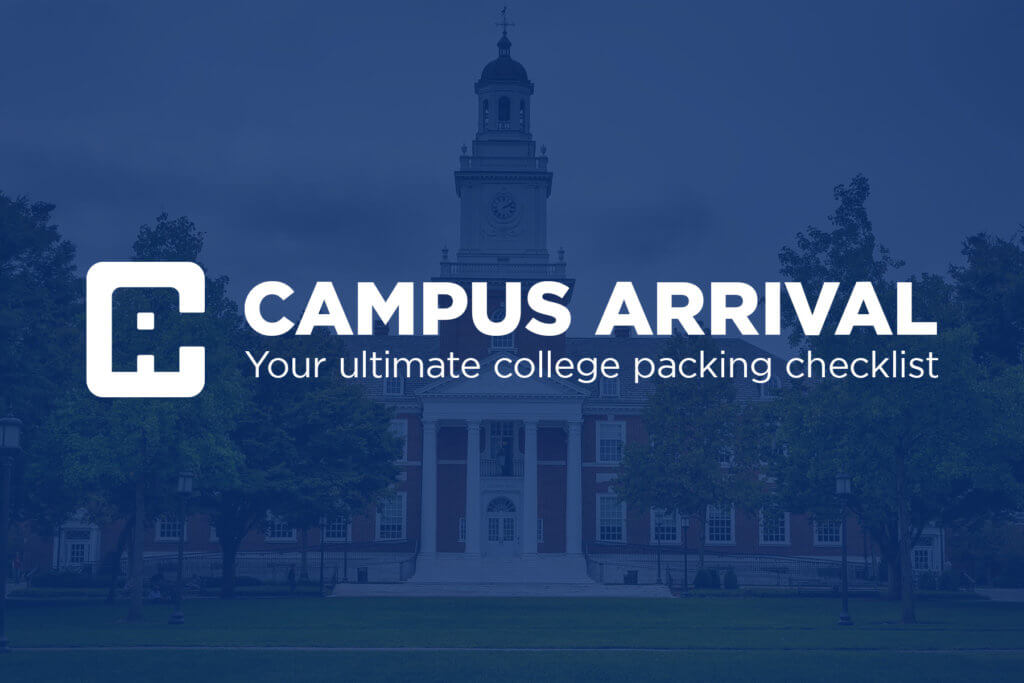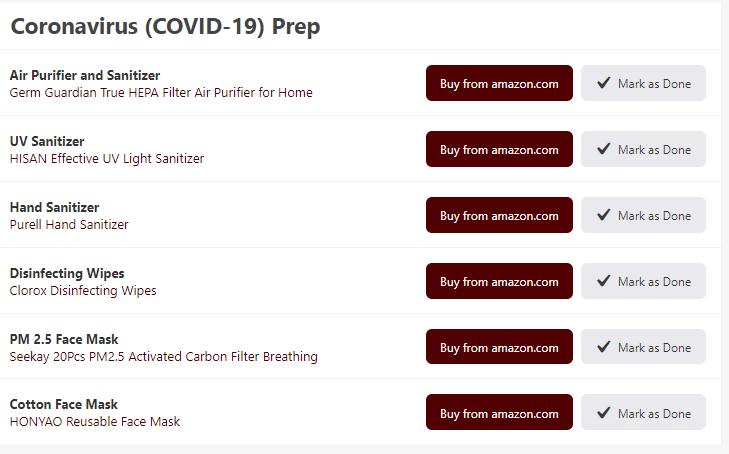
It doesn’t matter which side of the political aisle you are on, the 2020 Election can teach your teen some valuable lessons about life, responsibility and outcomes. Since you are their greatest teacher, take a moment to discern what they are indeed gleaning from your behavior during this election time. There are important lessons for them to learn from this election.
- There will always be winners and losers–The sooner they learn this truth the happier they will be. You can’t always be on the winning team and you should always be a good sport about losing.
- With freedom comes responsibility–Voting is a responsibility. Vote in EVERY election and take your teens with you. Let them experience this freedom right along side of you. Decisions are made by the people who show up.
- Bashing someone else’s beliefs and opinions only makes you small–Don’t be one of those people that rub victory in other people’s face or bash the ones who won. Rise above the temptation and take the high road.
- Even though you may not be happy with an outcome of a decision or path you take, you can still move forward–Teach your teens that there is always a road ahead. Mistakes have consequences but you deal with those, learn from them, and go in a positive direction.
- Playing the blame game never benefits anyone–If you blame everyone for the way things turn out, you are teaching your teen to do the same. Explain to them that we are all responsible for our OWN actions, not those of others.
- Support your leaders and if you don’t agree, take action toward effecting change–This is America and we have elected our leaders, so they should be respected. If you aren’t happy with the people who are in office, work toward the next election. Sitting around voicing hatred for them will only teach your teen to do the same.
- We shouldn’t be defined by our political views but by our values–A famous person once said, “We’re not the red states or the blue states, but the UNITED States.” Teach your teens your values and they will carry them into the future.
- Your behavior speaks volumes about the kind of person you are–Don’t be one of those that post hateful comments on social media sites. Be the one who focuses on the future and sees good in everyone.
- Negative attitudes make you a very unhappy adult–Negativity breeds defeat, discouragement, and despair. You certainly don’t want your teen to live their life with these attitudes.
- You live in the greatest country in the world–Say what you will, but we have FREE elections and every adult is given a vote to decide who governs us. Teach your teens to be proud of our country, our past, and our future.
I have watched all the negative campaign ads for a year. I’ve read Twitter and Facebook feeds for months. Many adults need to apply these 10 principles to their lives. Your college-bound teen is our future; teach them to respect one another and dream. Above all, VOTE!

